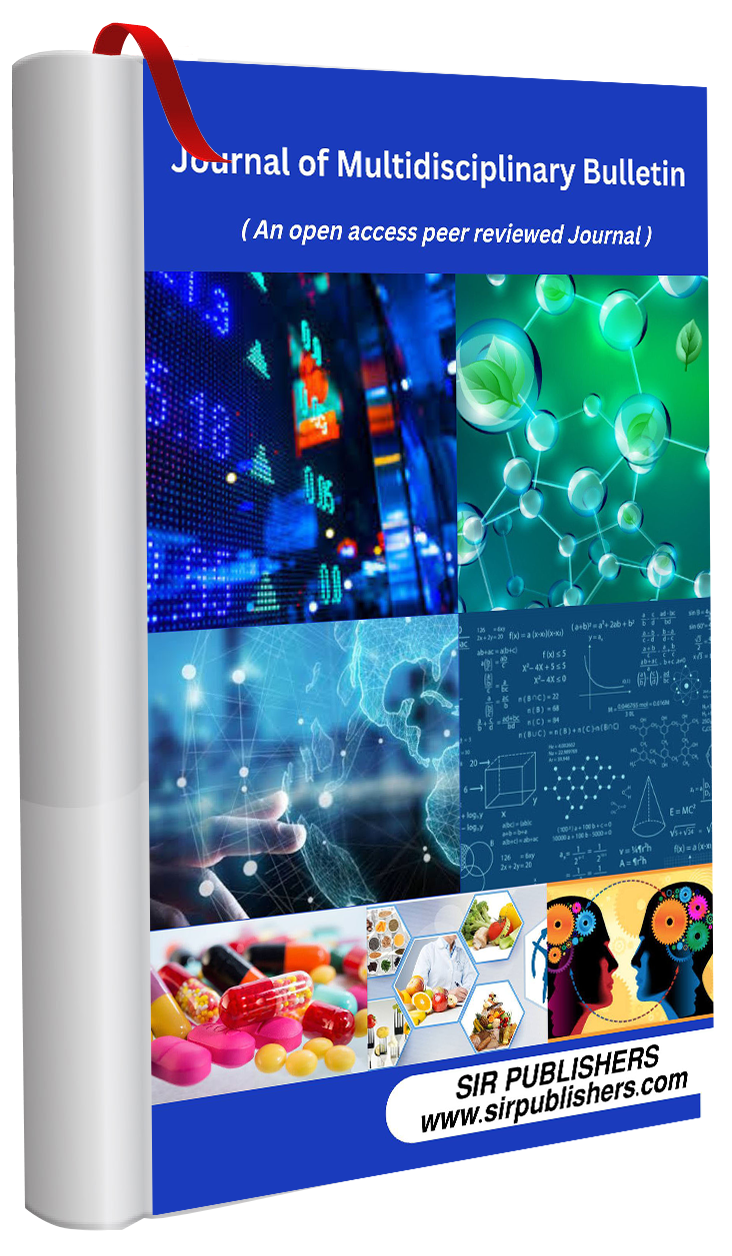PSYCHOLOGICAL ASPECTS OF ASSESSING THE MANAGEMENT COMPONENT IN STUDENTS AND ITS DEVELOPMENT
Keywords:
Abstract
Psychological theory and research have contributed significantly to learning and teaching but have been less frequently applied to student assessment. This article reviews some of the ways in which psychology can be applied to the behaviours involved in assessment, from the formulation of assessment criteria to the reduction of biases and errors in marking. It is argued that one of the most important ways that psychology can contribute to assessment is by providing theory and methods to make implicit influences more explicit. The point is illustrated with examples of how personal construct theory has been used to develop grade descriptors and how judgement analysis has been used to investigate markers' decisions about students' work.
References
Alter, J & Coggshall, J.G. (2009). Teaching as a clinical practice profession: Implications for teacher preparation and state policy. New York:
New York Comprehensive Center for Teacher Quality. Baumert, J., Kunter, M., Blum, W., Brunner, M., Voss, T., Jordan, A., Klusmann, U., et al. (2010).
Teachers’ mathematical knowledge, cognitive activation in the classroom, and student progress. American Education Research Journal, 47(1), 133-180. Blömeke, S. & Delaney, S. (2012).
Assessment of teacher knowledge across countries: A review of the state of research. ZDM Mathematics Education, 44, 223-247.
Blömeke, S., Paine, L., Houang, R.T., Hsieh, F.-J., Schmidt, W.H., Tatto, M.T., Bankov, K., et al. (2008). Future teachers’ competence to plan a lesson: First results of a six-country study on the efficiency of teacher education. ZDM Mathematics Education, 40, 749–762. Calderhead, J. (1991).
The nature and growth of knowledge in student teaching. Teaching and Teacher Education, 7(5/6), 531-535. Carroll, J. (1963). A model for school learning. Teachers College Record, 64, 723–733.
Corbett, A.T. & Anderson, J.R. (1995). Knowledge tracing: Modeling the acquisition of procedural knowledge. User Modeling and User-Adapted Interaction, 4, 253-278.
Darling-Hammond, L. (2000). Teacher quality and student achievement: A review of state policy evidence. Education Policy Analysis Archives, 8(1), 1-44.









